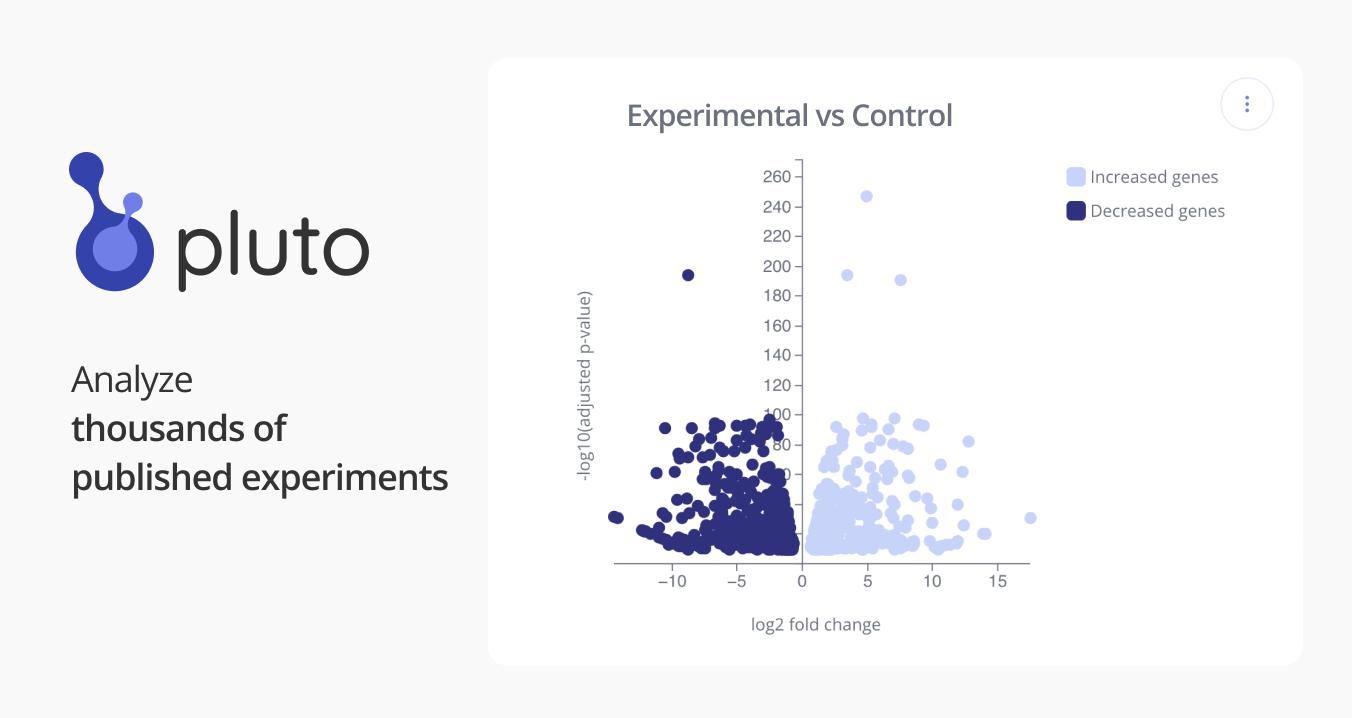Pluto Bioinformatics
GSE104842: Bone marrow-derived progenitors become decidual cells and are essential for implantation and pregnancy maintenance
Bulk RNA sequencing
The pregnant decidua is infiltrated by many immune cells which are thought to originate in the bone marrow (BM) promoting pregnancy. In addition, BM-derived progenitor cells (BMDPCs) become non-hematopoietic endometrial cells. However, whether BMDPCs become non-immune decidual cells and their functional contribution to pregnancy were previously unknown. Here, we show that embryo implantation stimulates vast BMDPCs recruitment to decidua, where BMDPCs differentiate into non-hematopoietic stromal decidual cells. In addition, to determine the functional importance of BMDPCs to pregnancy, we used mice with endometrial stromal-specific defects precluding successful pregnancy. BM transplant (BMT) from wild-type (WT) into Hoxa11-/- mice, which lack decidualization, results in uterine transcriptional changes leading to stromal expansion, gland formation, and marked decidualization otherwise absent in Hoxa11-/- mice. By contrast, BMT from Hoxa11-/- into WT mice induces pregnancy loss. Importantly, in Hoxa11+/- mice, which have increased pregnancy losses, BMT from WT donors leads to normalized expression of numerous decidualization-related genes and rescue of pregnancy loss. Collectively, these findings reveal that BMDPCs have a novel non-hematopoietic physiologic contribution to decidual stroma, thereby playing indispensable roles in pregnancy establishment and maintenance. SOURCE: Francesc Lopez (francesc.lopez@yale.edu) - YCGA Yale University
